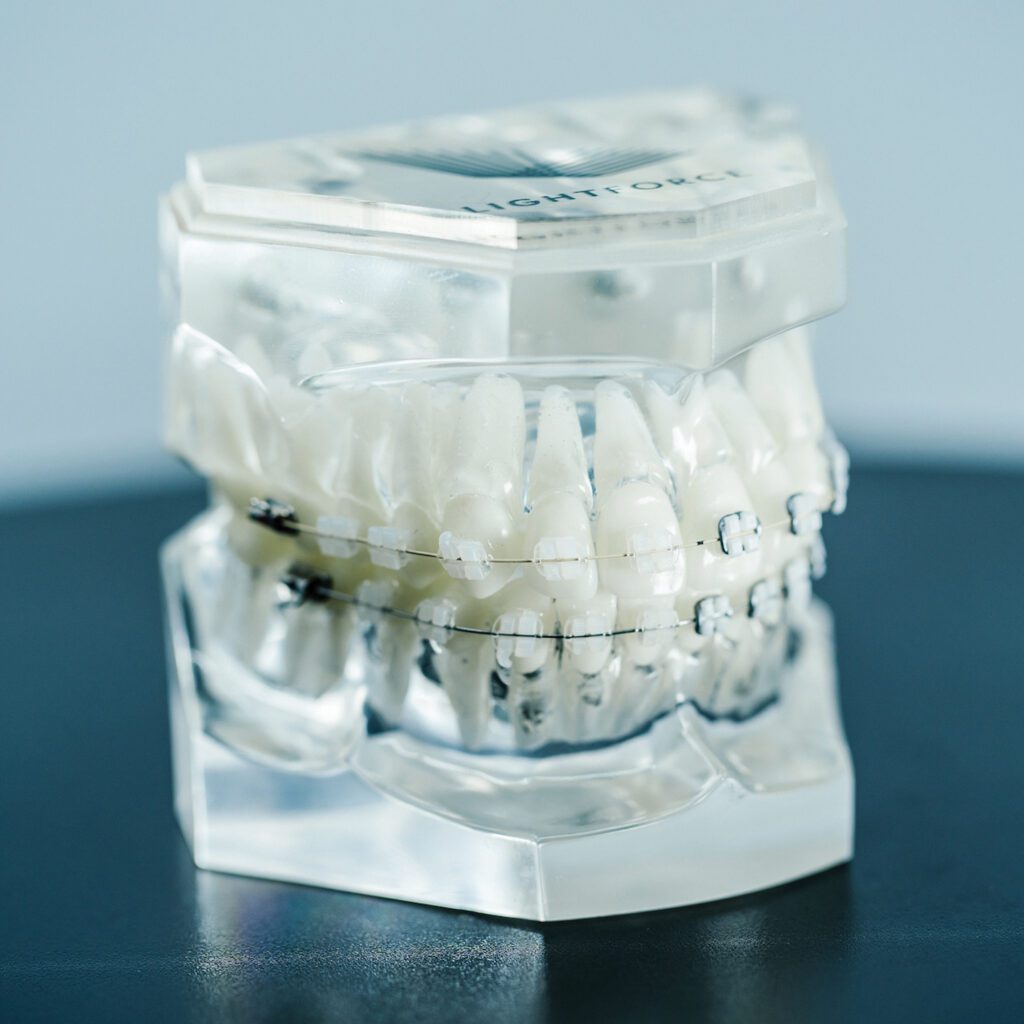
LightForce
Annual Oral Health Section This innovative system utilizes 3D printing technology to create custom brackets. Why Are Custom Brackets Important? Brackets are the component of

Annual Oral Health Section This innovative system utilizes 3D printing technology to create custom brackets. Why Are Custom Brackets Important? Brackets are the component of

Annual Oral Health Section A widely preferred alternative to tooth extraction, root canal treatment can relieve dental pain, protect against future infection, and preserve your
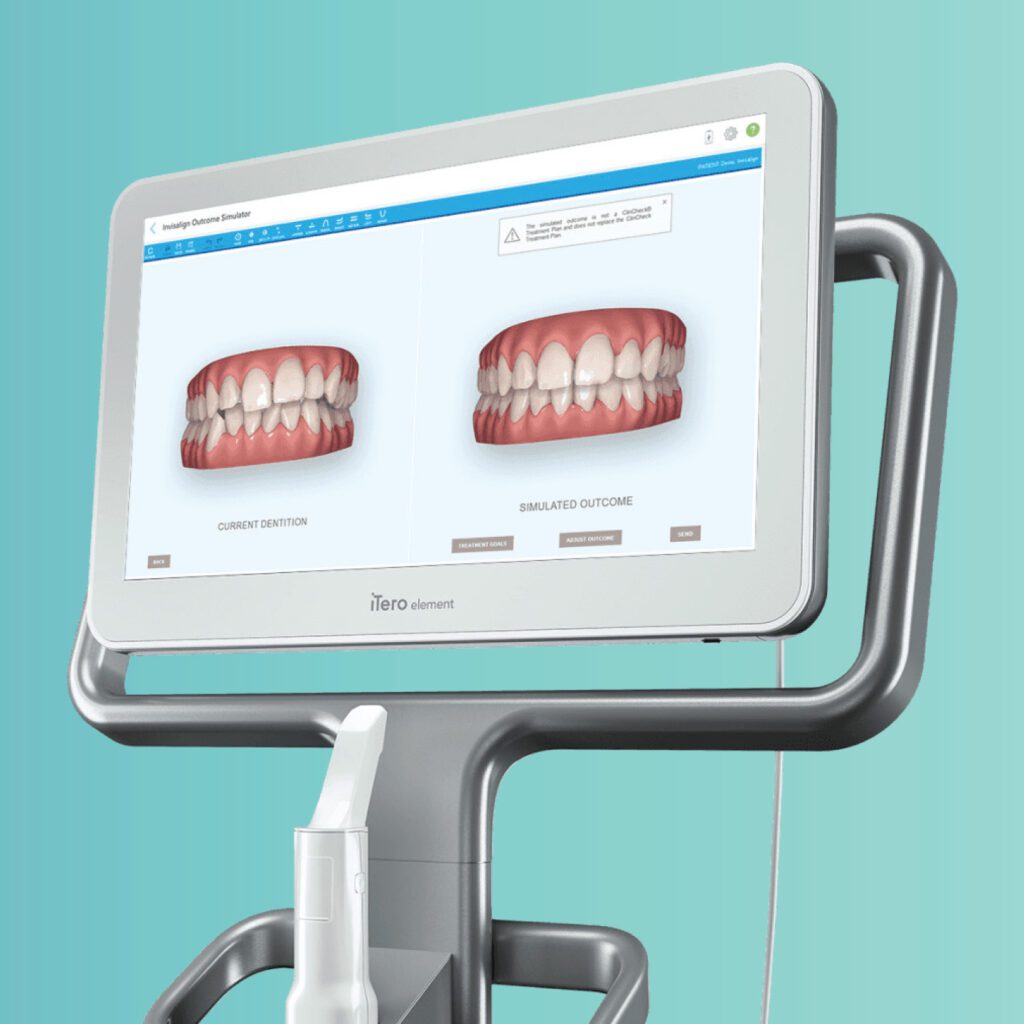
Annual Oral Health Section 3D scanning technology has optimized treatment with custom braces and Invisalign by achieving alignment up to twice as fast. What Are
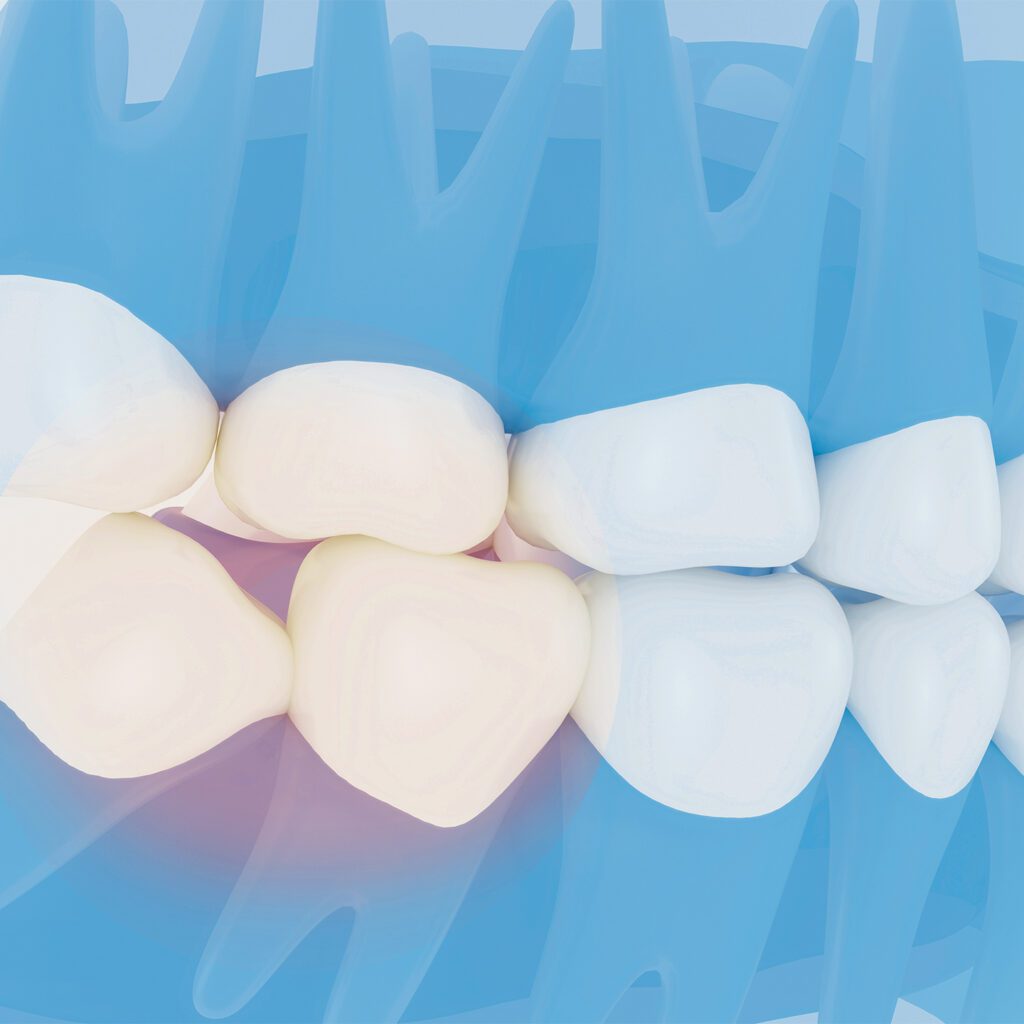
Annual Oral Health Section This common surgery can prevent dental problems before they start. What Are Wisdom Teeth? An average set of adult teeth is
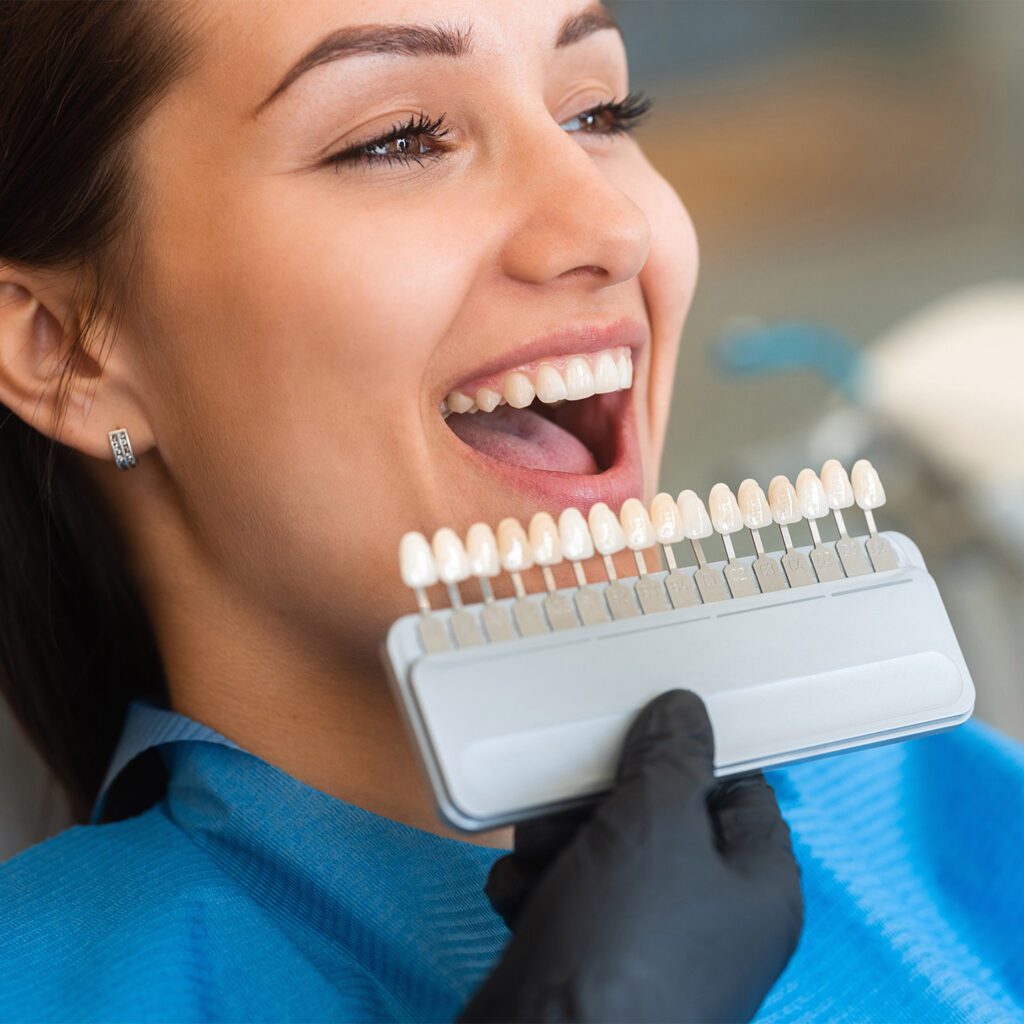
This convenient dental fitting can remedy cosmetic concerns and create a confident, natural-looking smile.

Tooth loss is a common problem for aging adults. Thankfully, replacement options are available to restore a natural-looking smile. Understanding Tooth Loss Damage and decay
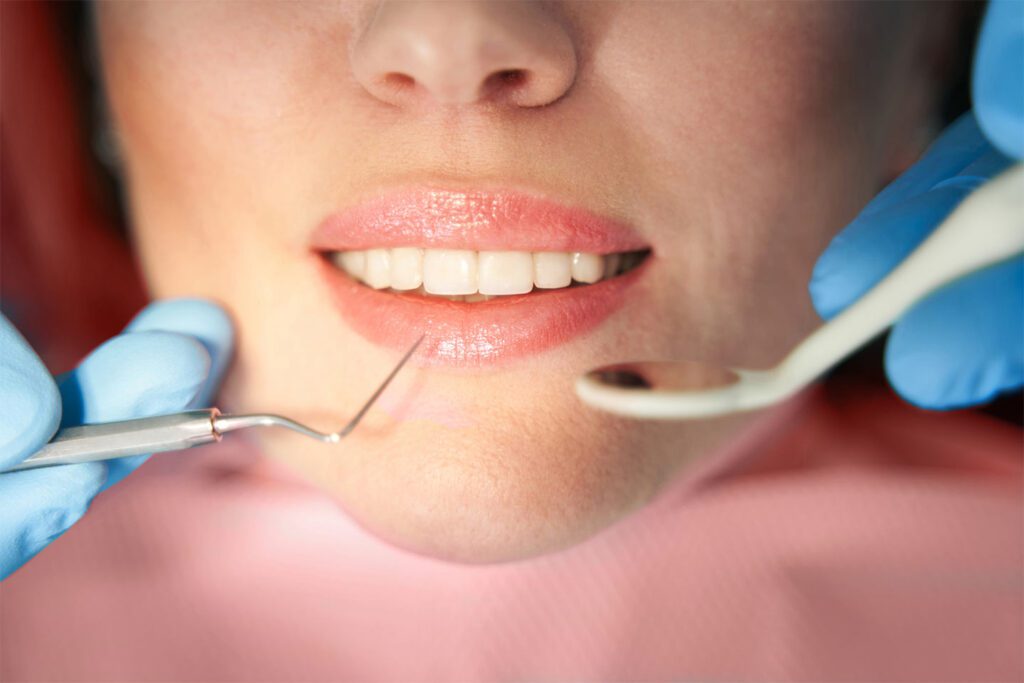
Sedation can be a helpful option for women experiencing dental anxiety. Understanding Dental Anxiety It’s common to associate a visit to the dentist with anxious

Pediatric dentists can provide your child with specialized care to help their oral health start and stay strong. General Dentistry vs. Pediatric Dentistry Though general
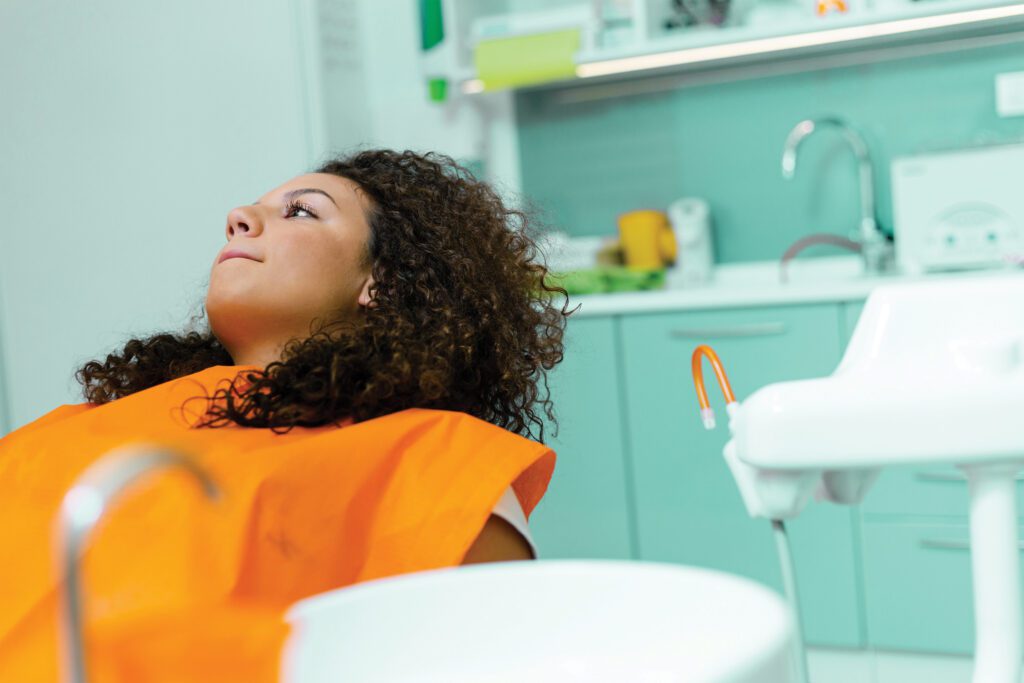
If just thinking about your biannual dentist appointment makes you nervous, you’re not alone, and there are options available to help. What Is Dental Anxiety?

Receding gums can elongate a tooth’s appearance and significantly harm its stability. Thankfully, a solution exists that can rebuild gums to be even stronger than
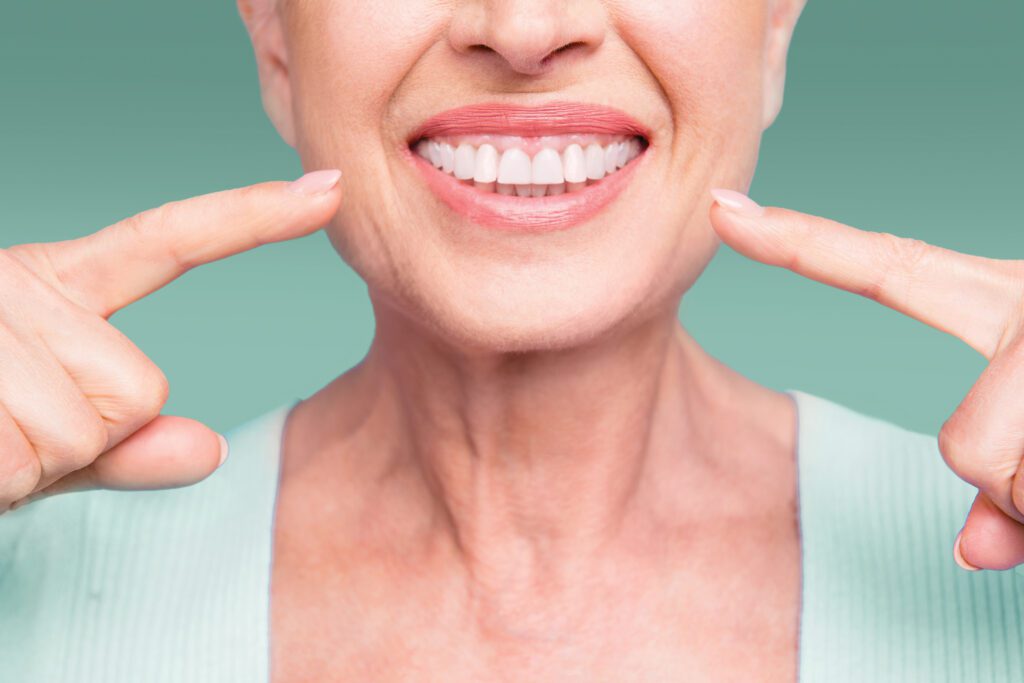
Using dental crowns, this comprehensive process can restore a healthy, functional mouth. What Is Full Mouth Rehabilitation? Full mouth rehabilitation is a process that rebuilds
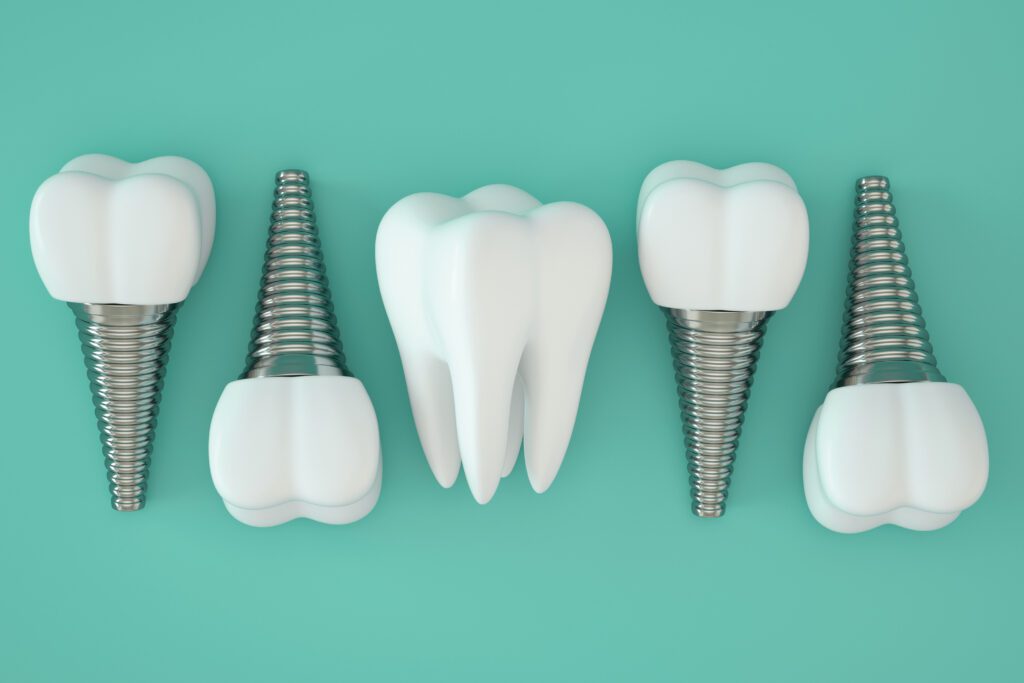
Replace damaged or missing teeth with a permanent solution that looks, feels, and functions like a real tooth. What Are Dental Implants? Dental implants are
HEALTH
BEAUTY & STYLE
LIFE
RELATIONSHIPS
FOOD
FITNESS
PERSONAL GROWTH
ABOUT US
HEALTH
BEAUTY & STYLE
LIFE
RELATIONSHIPS
FOOD
FITNESS
PERSONAL GROWTH
ABOUT US
HEALTH
BEAUTY & STYLE
LIFE
RELATIONSHIPS
FOOD
FITNESS
PERSONAL GROWTH
ABOUT US
HEALTH
BEAUTY & STYLE
LIFE
RELATIONSHIPS
FOOD
FITNESS
PERSONAL GROWTH
ABOUT US
HEALTH
BEAUTY & STYLE
LIFE
RELATIONSHIPS
FOOD
FITNESS
PERSONAL GROWTH
ABOUT US
HEALTH
BEAUTY & STYLE
LIFE
RELATIONSHIPS
FOOD
FITNESS
PERSONAL GROWTH
ABOUT US
HEALTH
BEAUTY & STYLE
LIFE
RELATIONSHIPS
FOOD
FITNESS
PERSONAL GROWTH
ABOUT US